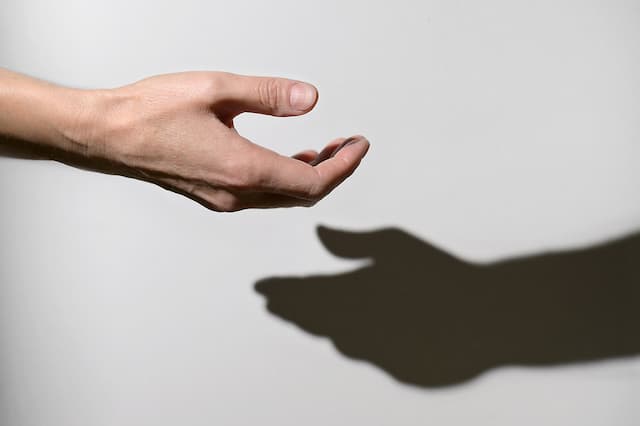When Preservation is a Bad Thing. A Very Bad Thing.
 You’ve got to be a pretty hip guy to have the world’s largest tree dedicated to you. And that was the case with Madison Grant.
You’ve got to be a pretty hip guy to have the world’s largest tree dedicated to you. And that was the case with Madison Grant.
Grant was a leading force in the early days of conservation. In the days when bison were killed by the thousands just for sport, Grant stepped in. When lumber companies were ripping through the redwood forests at an alarming rate, Grant stepped in. He helped develop the first laws related to deer hunting. He helped create two national parks. He was friends with Theodore Roosevelt, another avid conservationist.
Madison Grant loved nature and he loved animals. He is known for saving several species of trees from extinction.
Too bad he didn’t feel the same way about people.
 Madison Grant was known for preservation in another way: the preservation of white people. In 1916, Grant wrote a book, The Passing of the Great Race, which argued for “racial hygiene” and preserving a pure Nordic race (which is limited to those peoples from northwestern Europe). His theory was that the Nordic race had evolved beyond the other races and was physically and intellectually superior.
Madison Grant was known for preservation in another way: the preservation of white people. In 1916, Grant wrote a book, The Passing of the Great Race, which argued for “racial hygiene” and preserving a pure Nordic race (which is limited to those peoples from northwestern Europe). His theory was that the Nordic race had evolved beyond the other races and was physically and intellectually superior.
He didn’t stop there. Madison Grant was a huge proponent of eugenics (a word that, in the Greek, literally means “good race). The eugenics movement made some headway in the first part of the 20th century, and it sought to improve the human race by careful breeding. No interracial marriage or sex. Sterilize the insane, the criminal, and the mentally deficient so that they won’t reproduce. We grimace at the thought of such actions, but forced sterilization was quite legal in many states.
Does it sound like something out of Nazi Germany? Want to guess who helped fuel the Nazi’s beliefs on race? When Adolf Hitler read Grant’s book, he wrote him a fan letter and called Grant’s book his new “bible.” Herman Göring was also a fan of Madison Grant and invited him to visit the Third Reich. (Grant died in 1937 even as he was preparing to make the trip.)
As a side note, Planned Parenthood has its roots in the eugenics movement. Margaret Sanger, the founder of the group, was quite vocal in her enthusiasm for eugenics.
I find it ironic that Madison Grant was so devoted to preserving the wide diversity in nature, yet he wanted to eliminate such diversity among his own kind.
Personally, I find our diversity a wonderful thing. God, who created our planet with its countless species and endless varieties, created out of one man a humanity that is rich in color, countenance, and culture. And we are the crowning part of His creation!
“What is mankind that you are mindful of them, human beings that you care for them? You have made them a little lower than the angels and crowned them with glory and honor” (Ps. 8:4-5).
But surely our diversity is a result of the fall, right? When we’re in heaven and fully restored to what God intended, we’ll all be changed into the one superior race.
Nope. The Bible does not support such an idea.
“There before me was a great multitude that no one could count, from every nation, tribe, people and language, standing before the throne and before the Lamb. They were wearing white robes and were holding palm branches in their hands. And they cried out in a loud voice: ‘Salvation belongs to our God, who sits on the throne, and to the Lamb.’” (Rev. 7:9-10).
Notice in this description of the new heaven and new earth, the emphasis on the nations (plural):
“The city does not need the sun or the moon to shine on it, for the glory of God gives it light, and the Lamb is its lamp. The nations will walk by its light, and the kings of the earth will bring their splendor into it. On no day will its gates ever be shut, for there will be no night there. The glory and honor of the nations will be brought into it” (Rev. 21:23-26).
We are one race. In our fallen world, we tend to fight that notion, but if the unity of our race should be seen anywhere, it should certainly be seen in the body of Christ. He loves all of us. He died for all of us. He gives new life equally to all who call on Him. He brings us into His family. We are one in Christ.
Let’s live like it.
For a printable version: click here.
 post supports the study “When Races Collide” in
post supports the study “When Races Collide” in 



